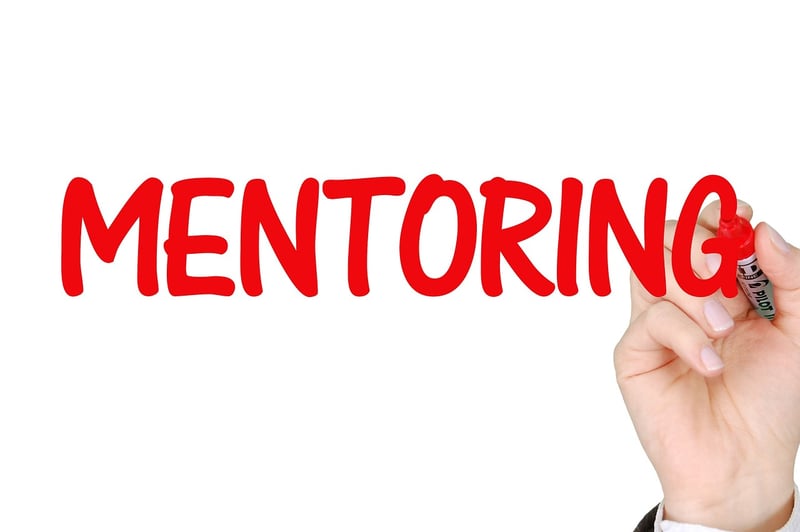Leadership Skills
Tools for Advancement and Leadership Skills
Advancing in your career and developing effective leadership skills are crucial for professional growth and success. Whether you are a seasoned professional or just starting your career journey, there are various tools and strategies that can help you excel in your role and lead effectively. Let's explore some essential tools for advancement and leadership skills:
1. Continuous Learning
Continuous learning is key to staying relevant in today's fast-paced work environment. Take advantage of online courses, workshops, webinars, and industry conferences to expand your knowledge and skills. Platforms like Coursera, Udemy, and LinkedIn Learning offer a wide range of courses on leadership, management, and other relevant topics.
2. Effective Communication
Effective communication is essential for successful leadership. Mastering both verbal and written communication skills can help you convey your ideas clearly, build strong relationships with your team, and inspire others to achieve common goals. Practice active listening, give constructive feedback, and work on your public speaking skills.
3. Time Management
Effective time management is a crucial skill for leaders. Use tools like calendars, task management apps, and prioritization techniques to organize your workload efficiently and meet deadlines. Prioritize tasks based on their importance and urgency to maximize productivity.
4. Emotional Intelligence
Emotional intelligence is the ability to understand and manage your emotions and those of others. It plays a vital role in building strong relationships, resolving conflicts, and creating a positive work environment. Practice empathy, self-awareness, and emotional regulation to enhance your emotional intelligence.
5. Networking
Networking is essential for career advancement and leadership development. Build a strong professional network by attending industry events, connecting with peers on professional networking sites like LinkedIn, and participating in networking groups. Networking can open up new opportunities, provide valuable insights, and help you stay updated on industry trends.
6. Delegation
Delegation is a critical leadership skill that involves assigning tasks to team members based on their strengths and abilities. Effective delegation empowers your team, fosters trust, and allows you to focus on high-priority tasks. Master the art of delegation to increase efficiency and productivity within your team.
7. Conflict Resolution
Conflict is inevitable in any workplace, but effective leaders know how to manage and resolve conflicts constructively. Develop conflict resolution skills by practicing active listening, remaining neutral, and focusing on finding mutually beneficial solutions. Addressing conflicts promptly can prevent escalation and maintain a positive team dynamic.
By incorporating these tools and strategies into your professional development plan, you can enhance your leadership skills, advance in your career, and achieve your professional goals.

Remember, leadership is a journey of continuous growth and learning. Embrace new challenges, seek feedback, and strive for excellence in all that you do. With the right tools and a proactive mindset, you can unlock your full potential as a leader and make a positive impact in your organization.
Invest in your development, empower your team, and lead with integrity to create a culture of success and innovation.

Start implementing these tools and watch your leadership skills flourish as you progress in your career!
